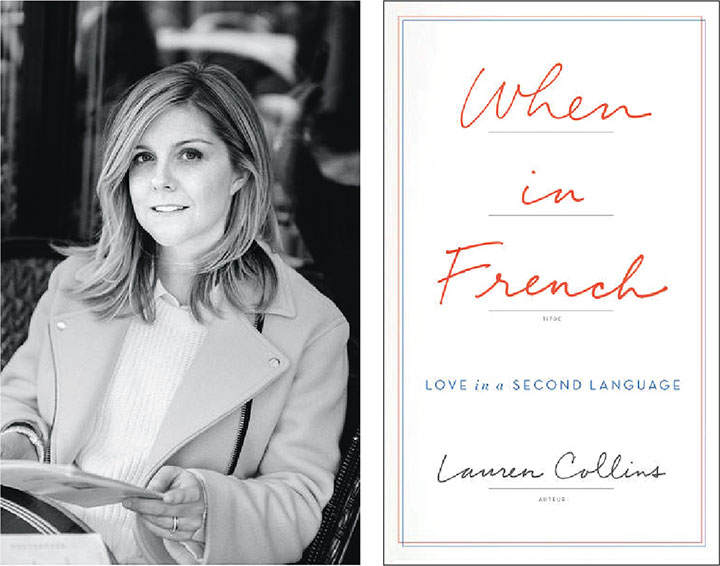Language and Style
You may be surprised to learn that for all of PAW’s quirks — and yes, there are many of them — the magazine adheres to a style guide. It’s based on the nearly 600-page Associated Press Stylebook, with exceptions we collectively call “PAW style,” because nowhere in the AP book will you find entries for such terms as reuner or Nude Olympics. (Should that be uppercase or lowercase?)
Pity the people who work on the AP stylebook and on similar guides — and in newsrooms across the United States. “[T]he country’s highly polarized electorate and its factious media environment are combining to produce a linguistic battle royale,” wrote Liz Spayd, public editor at The New York Times, in December. She was describing the furor of Times readers on both the right and left over how the term alt-right should be defined and whether it should be used at all.
From time to time, Princeton and PAW get caught up in these debates as well — most recently last fall, when it came to light that the University’s HR department had instructed employees to use gender-neutral alternatives to commonly used words that included a form of “man” (PAW, Sept. 14). An uproar followed, and the University clarified that it was not banning any language.
This issue of PAW is devoted to language, though not to the year’s linguistic controversies. Still, what becomes clear both in those debates and in the articles you see here is how language is more than communication. It’s culture, and politics, and even history: Reviewing 2016’s changes in the AP stylebook — the addition of terms like alt-right (“an offshoot of conservatism mixing racism, white nationalism, and populism ...”); names like Rodrigo Duterte; and nouns like microcephaly — provides a map of the year’s thinking and events.
In a new memoir, When in French: Love in a Second Language (Penguin Press), Lauren Collins ’02 explores learning not just the French language, but the culture that comes with it: “The necessity of classifying each person one came across as vous or tu, outsider or insider, potential foe or friend, seemed at best a pomposity and at worst an act of paranoia. The easy egalitarianism of English tingled like a phantom limb.”
We hope that in reading about languages in this issue, you sense the cultures that made them, too, come alive.












1 Response
Robert Coxe ’69
9 Years AgoPicking One’s Battle
Marilyn Marks *86’s column (From the Editor, Jan. 11) quotes a recent piece by New York Times public editor Liz Spayd that makes reference to “a linguistic battle royale” between the electorate and the media. I’m guessing Ms. Spayd means “battle royal,” unless it’s covered with chocolate sauce.